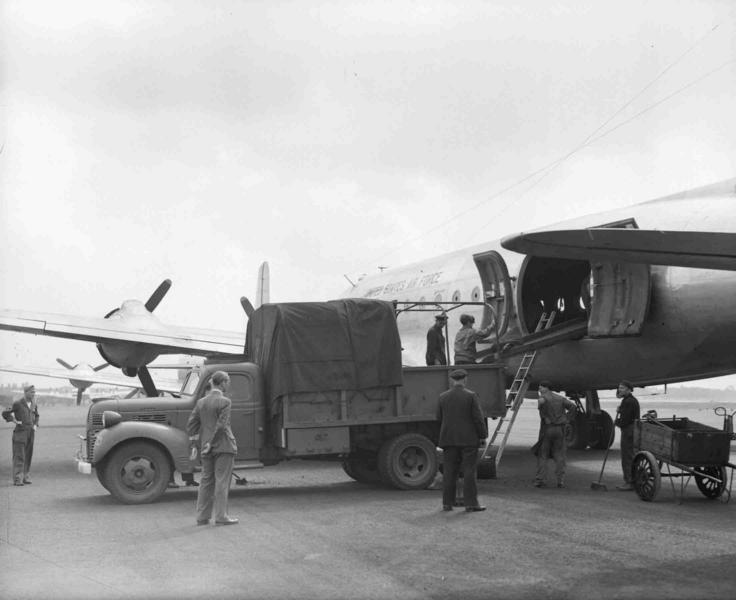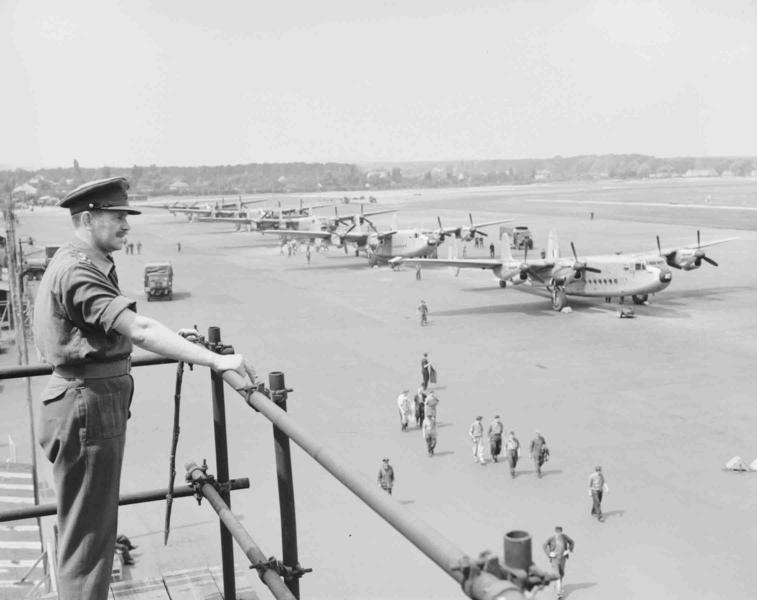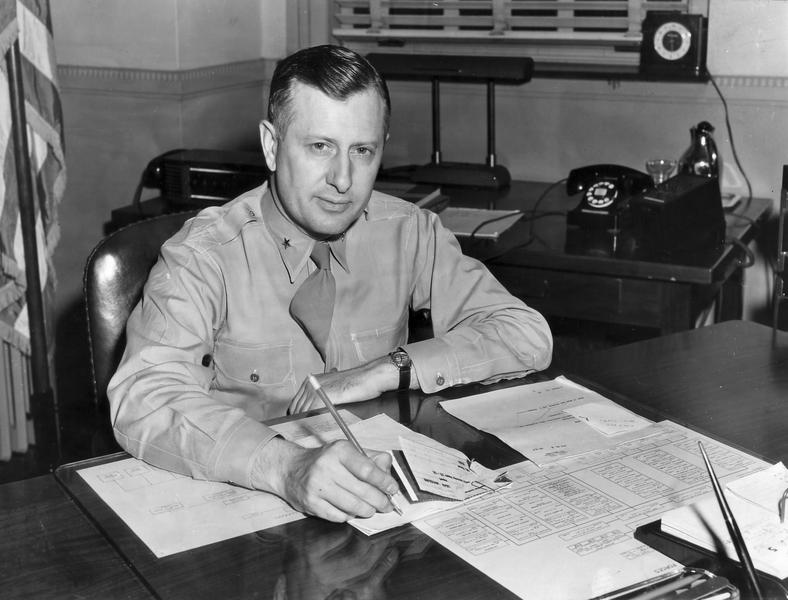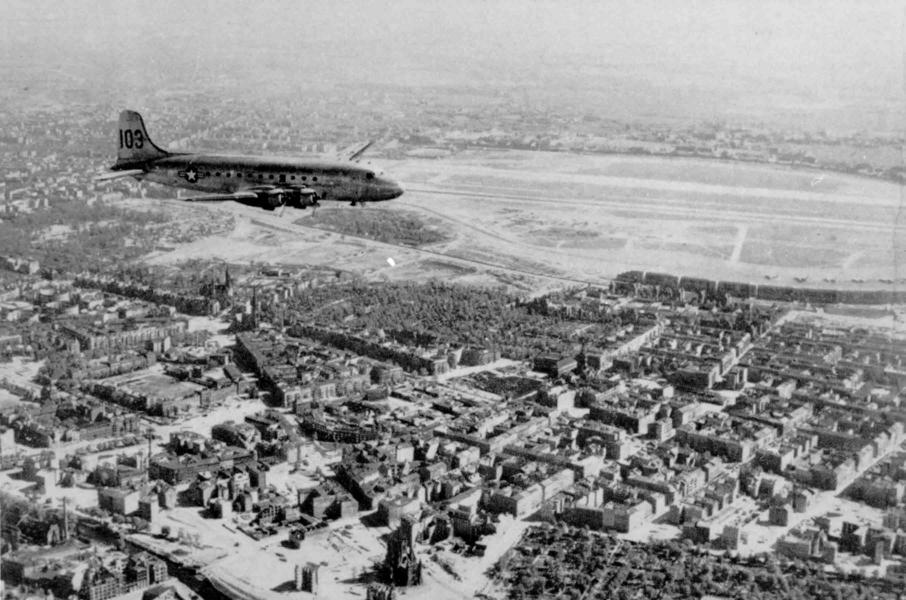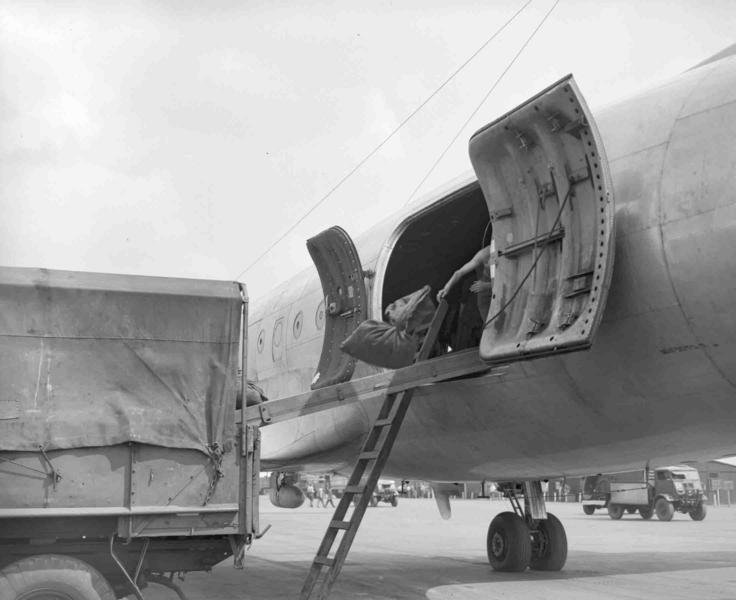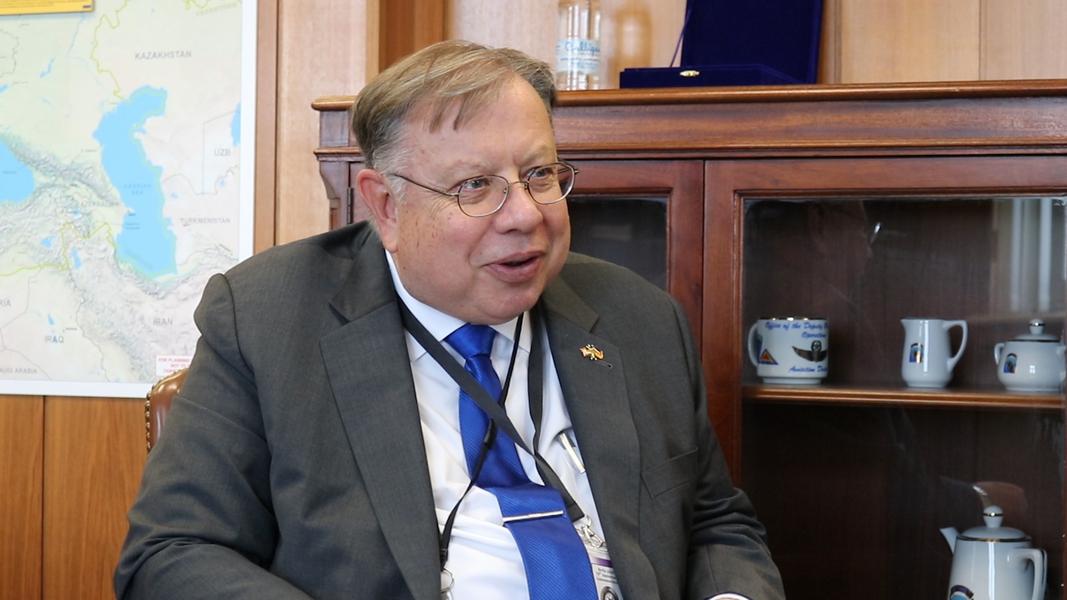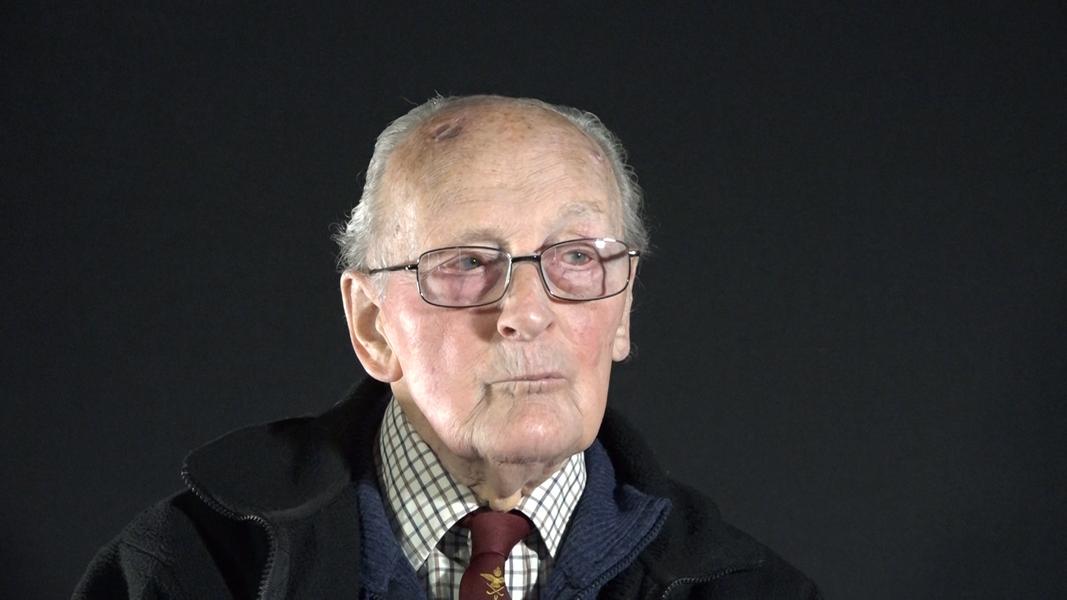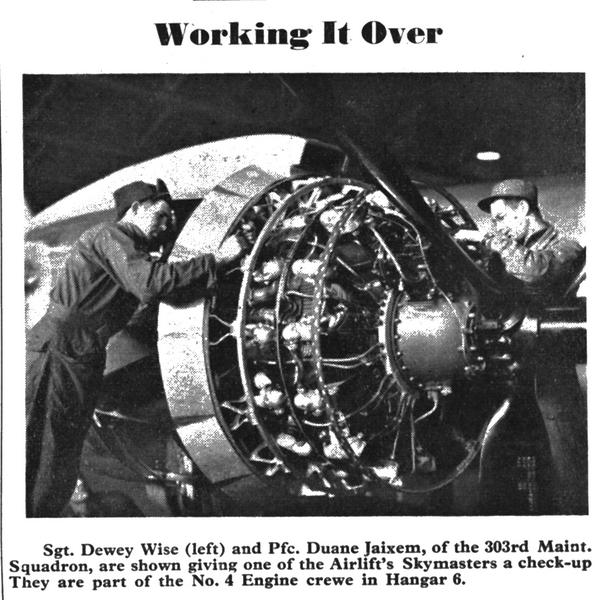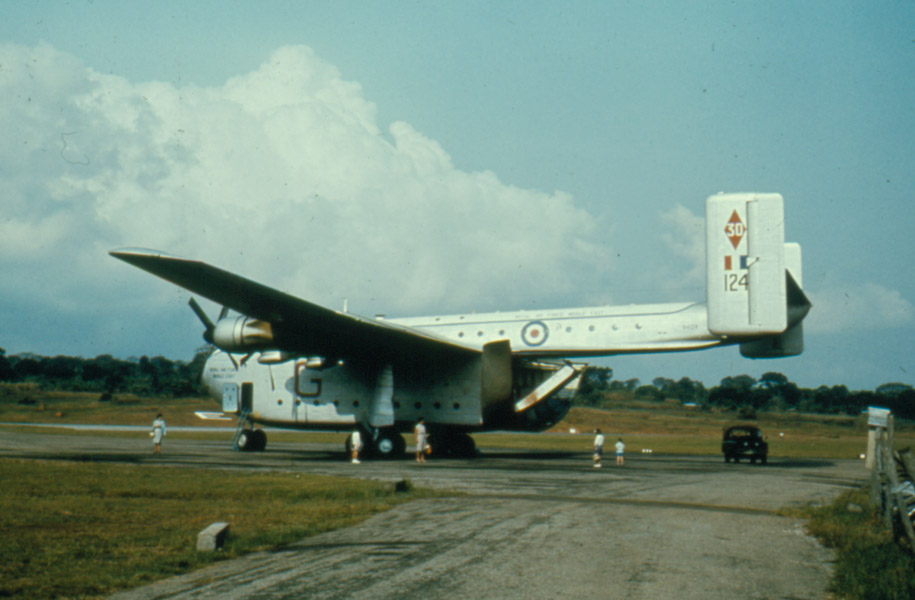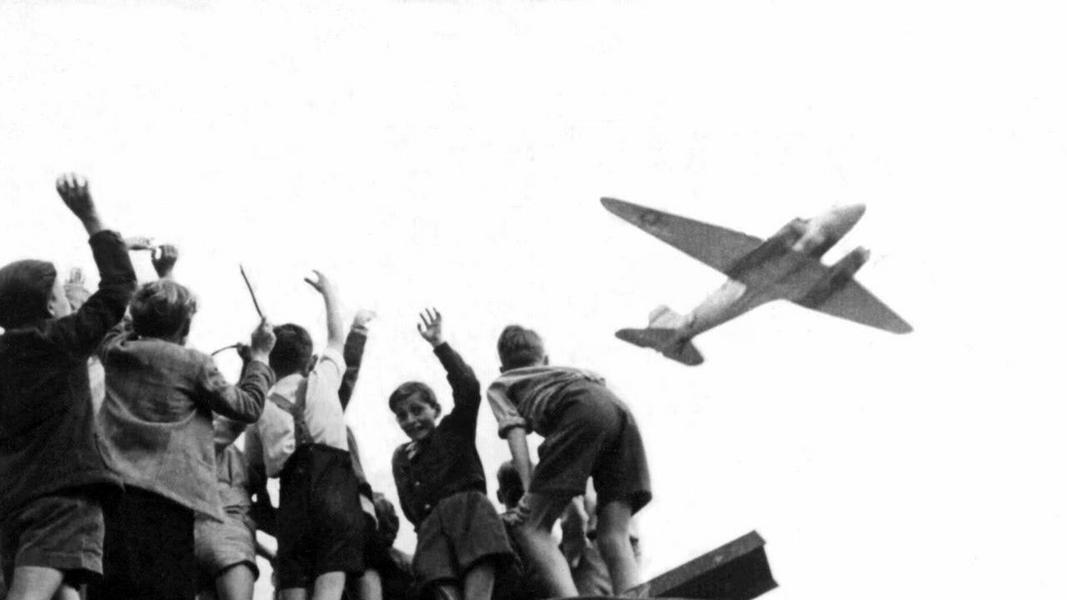that they were going to lose,
and just kind of ended it.
It just kind of petered out, really,
but that first huge East/West Cold War confrontation
spawned a number of things.
It spawned NATO, for example,
and the U.S. Army, for example,
in 1946, the occupation soldiers we had here,
we said, "We really don't, first, we don't need
"all these soldiers, but do they really need
"to be combat armed soldiers?"
And we said, "No, we really don't need
"that intensity and that killing skill set
"to occupy the Germans," so we transformed our army
into a constabulary force.
And so, we had a number of constabulary brigades
in Germany from 1946 until 1952.
Now, as a result of the Berlin Airlift,
as a result of NATO, other aspects of the Cold War,
the Greek Civil War, and then, we have the Korean War
starting in 1950.
So this is all part, you know, these are pieces
of a huge puzzle of the Cold War
going on internationally and globally.
So then, we realized that we needed
to send combat armed soldiers back here,
which we did in 1951.
We sent two corps headquarters,
a corps consisting of three divisions,
each of about 15,000 soldiers.
So that's when we started to build up soldiers.
